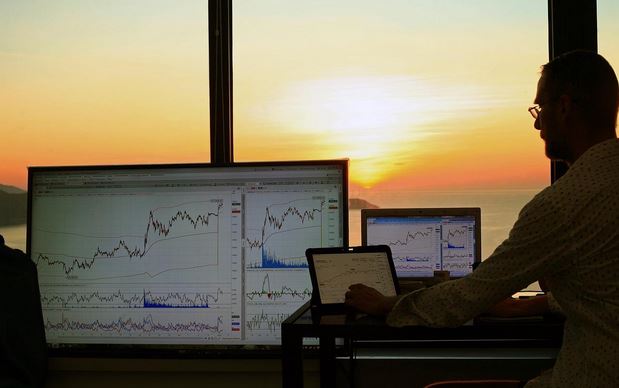The different types of trading orders & their market application

Orders are the basic building blocks of trading in the securities market. They are a primary subject of education in forex trading for beginners and professionals.
An order is a set of instructions an investor gives to a broker or brokerage firm to buy or sell a security on their behalf. Orders can be placed through various channels such as phones, online trading platforms, and automated trading systems using algorithms. Once an order is placed, it goes through a process of order execution.
Orders can have different categories that allow investors to place certain restrictions on their orders regarding the price and time at which the order can be executed.
These restrictions can include setting a specific price level (limit) at which the order should be executed, the duration for which the order will be valid, or linking an order to another order that could trigger or cancel it.
Different types of orders
Individual investors commonly use broker-dealers and require them to choose from various order types when placing a trade. Markets offer different order types, giving investors flexibility in their trades.
Market order
A market order is a type of order in which an investor requests to buy or sell a security at the prevailing market price. Market orders are the simplest type of order and the most commonly used by investors. When a market order is placed, the investor asks the broker to execute the trade as quickly as possible at the best available price.
Since market orders are executed immediately, the price at which the trade is executed may not be the same as the price at which the investor intended to trade. This is because the market price can fluctuate rapidly, especially during times of high volatility.
Limit order
A limit order is an instruction to buy or sell a security at a specific price, or better, if possible. The limit order provides investors with greater control over the execution price of their trade. For instance, if an investor wants to buy a stock but only at a certain price or lower, they can set a limit order at that specific price.
If the stock’s market price reaches the limit price, the order is triggered and executed at the limit price or better. If the market price of the stock does not reach the limit price, the order will remain unfilled.
Limit orders can be advantageous in volatile markets because they provide investors with a predetermined price, and they can protect investors from sudden market swings that could result in higher or lower prices.
Stop order
A stop order is a type of order used by traders to limit their potential losses or protect their profits. This order is placed with a broker and instructs them to buy or sell a security when it reaches a specified price level, known as the stop price.
A stop order to buy is placed above the current market price, while a stop order to sell is placed below the current market price. Once the stop price is reached, the stop order is executed as a market order, which means the order is executed at the best available price.
Stop orders are commonly used to limit potential losses or lock in profits on a winning trade. They are particularly useful for traders who cannot actively monitor their positions all the time or who want to limit their emotional involvement in their trading decisions.
Day order
A day order is a type of time restriction that can be placed on an order to buy or sell a security. It is an instruction to a broker that an order must be executed within a single trading day.
If the order is not executed by the end of the trading day, it is automatically cancelled. Day orders are commonly used by traders who want to take advantage of short-term market movements or who want to limit their exposure to overnight market risk.
Good till cancelled
Good till cancelled (GTC) is an order that allows investors to set an order to remain in force until it is executed or cancelled by the investor. This means that if an investor places a GTC order, it will remain active in the market until the order is filled, the investor cancels the order, or the order expires.
GTC orders are useful for investors who want to place an order at a specific price level, but are not necessarily looking to trade immediately. This type of order can help investors avoid continuously monitoring the market for an opportunity to place an order at their desired price level.
Source: The Observer
Share this content:




Post Comment